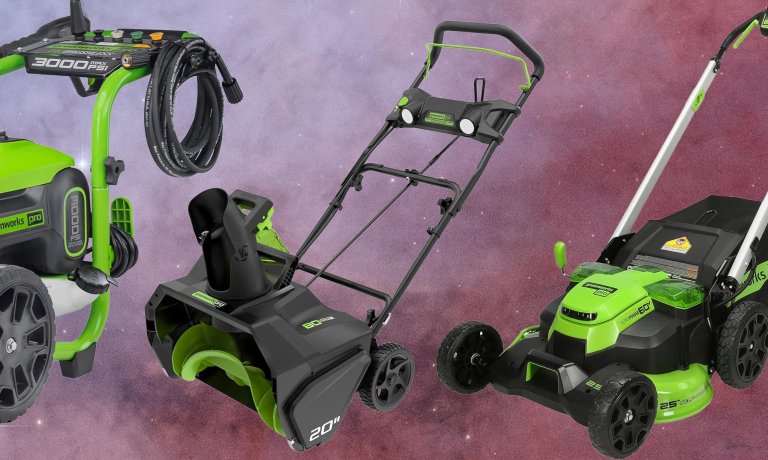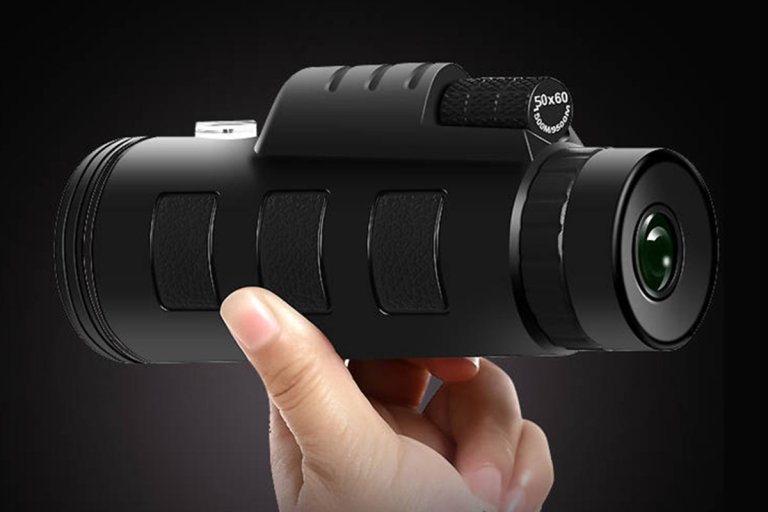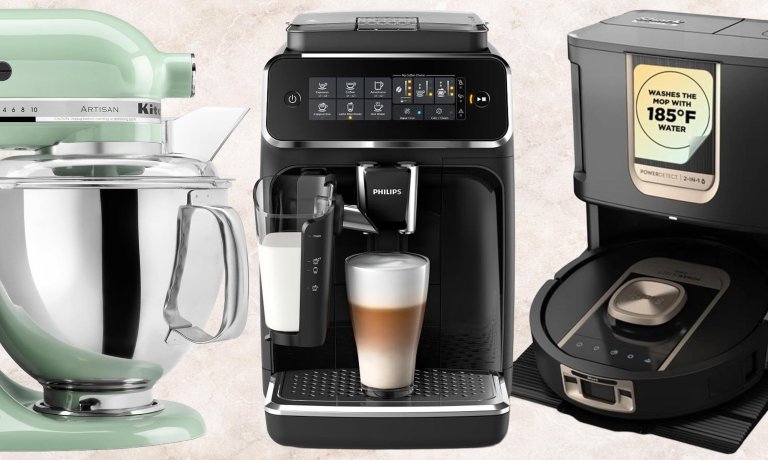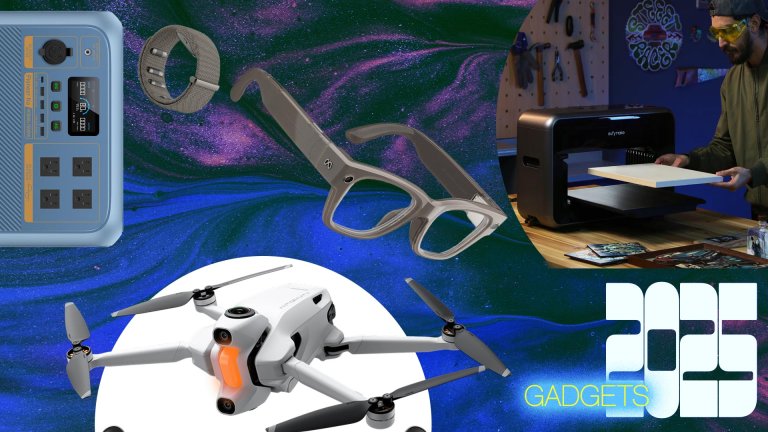Gear
News, roundups, and reviews of the technology that shapes the way we live.
Latest in Gear
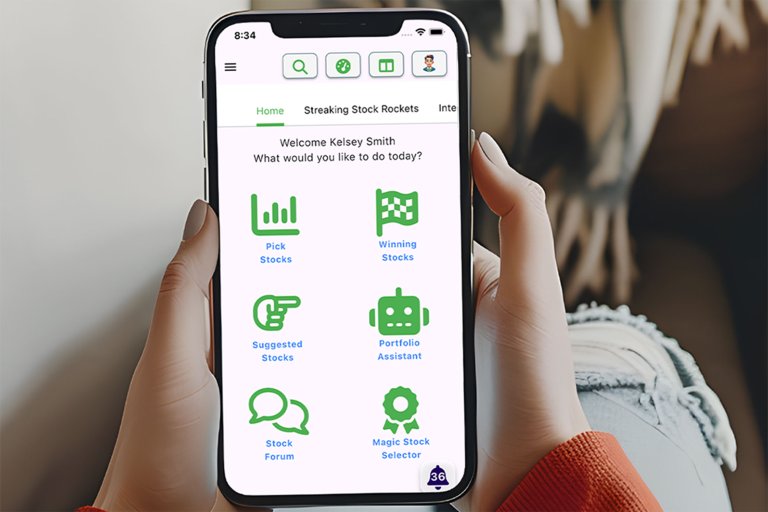
Sponsored Content
This $55 AI investing tool finally makes market signals feel human
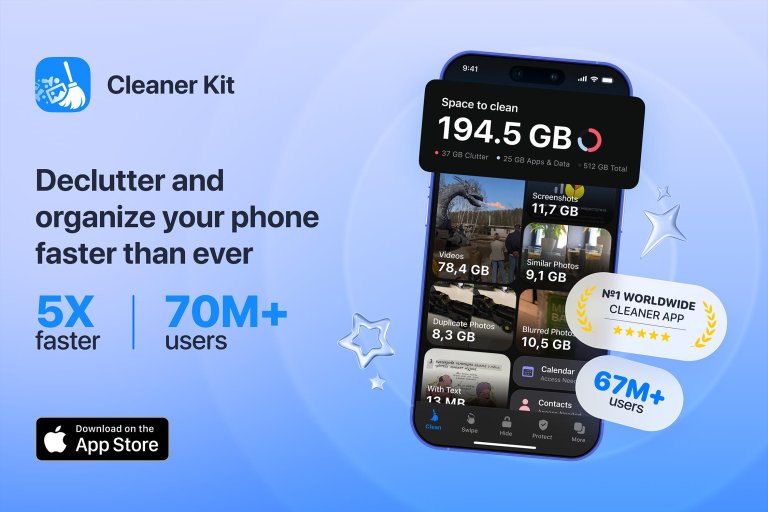
Sponsored Content
A tidy-device upgrade for $19.97 that keeps your iPhone running smoother
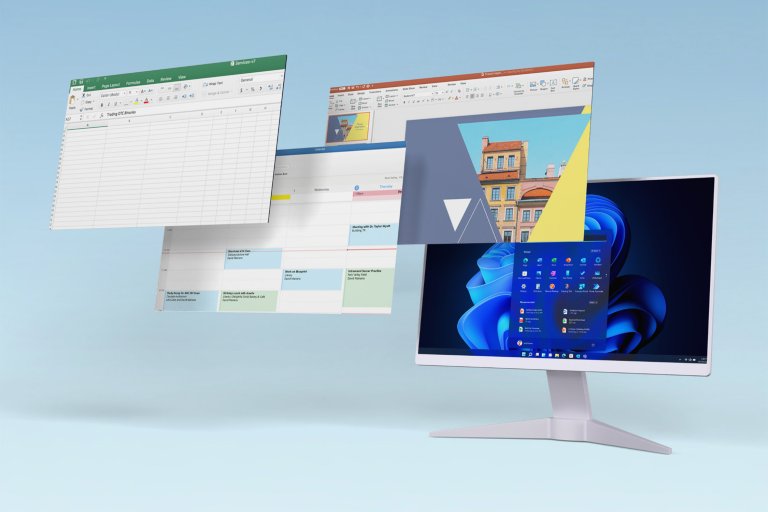
Sponsored Content
Boost performance and ditch subscriptions with this $40 software upgrade

Sponsored Content
A privacy-first VPN for $25 is a rare kind of internet insurance
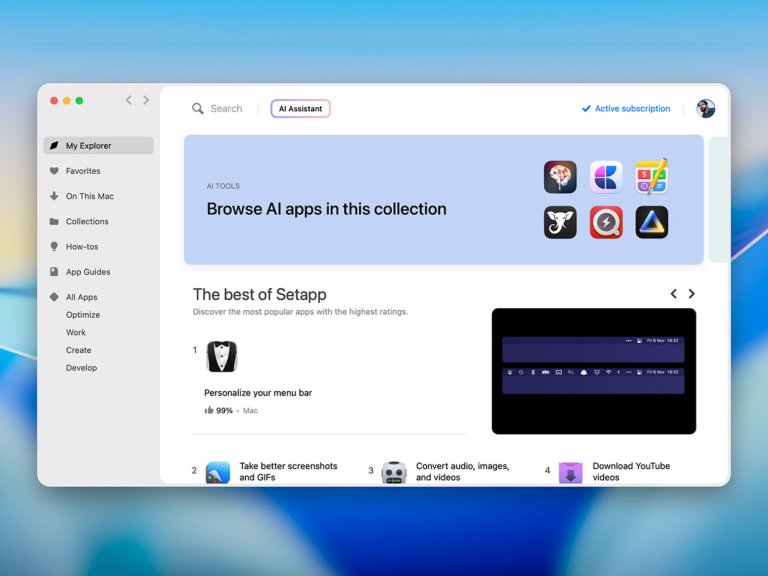
Sponsored Content
Transform your Mac into a smart assistant with Setapp AI for $78 off
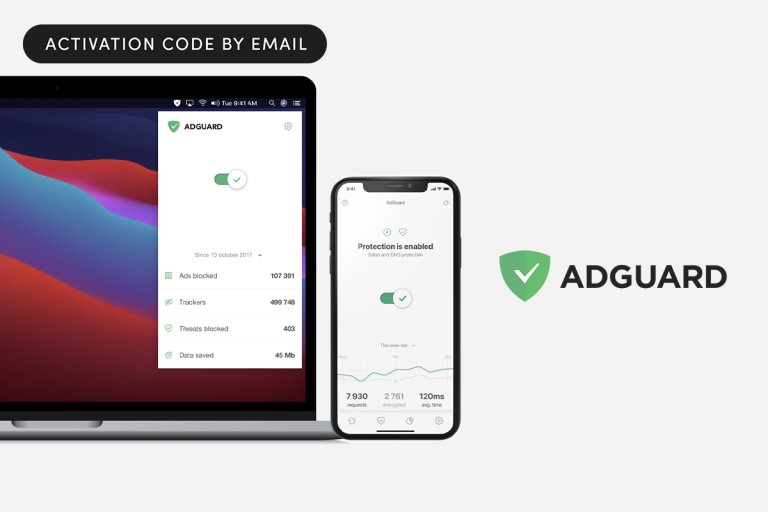
Sponsored Content
Pay $16 once and make ads disappear on your family’s devices

Sponsored Content
A coat that heats up on demand is on sale for 37% off
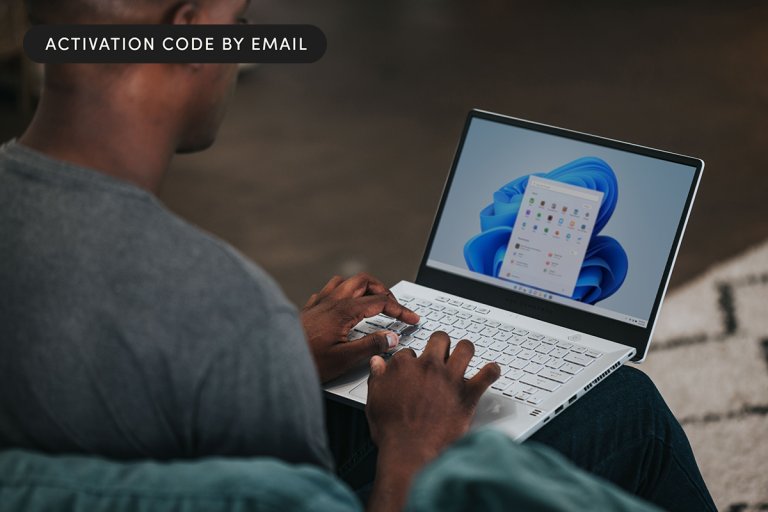
Sponsored Content
Get Microsoft Office 2021 for $35 and keep it forever
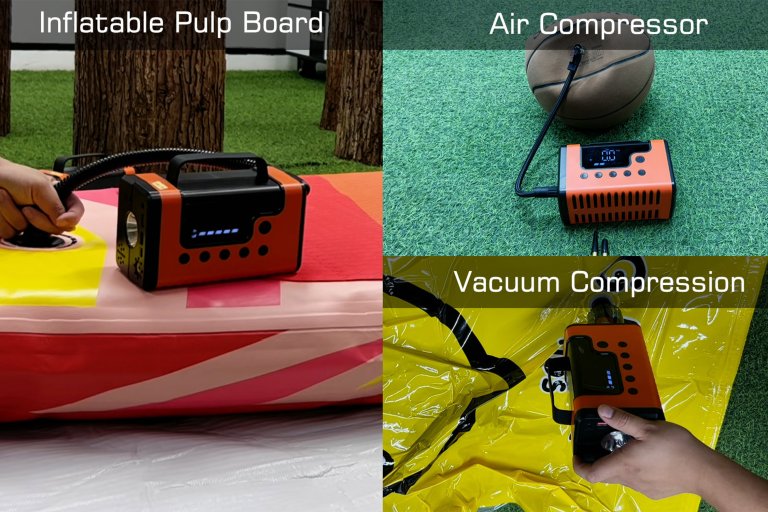
Sponsored Content
This $99.99 3-in-1 car emergency tool could save your next road trip
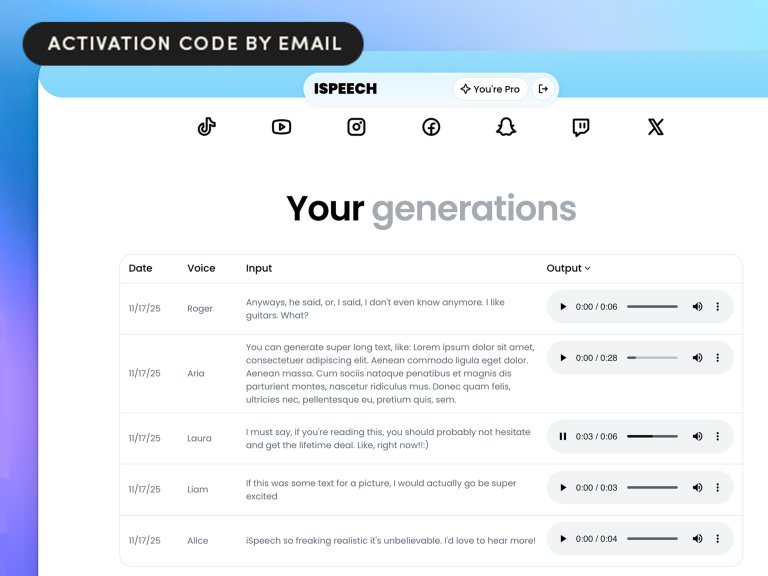
Sponsored Content

